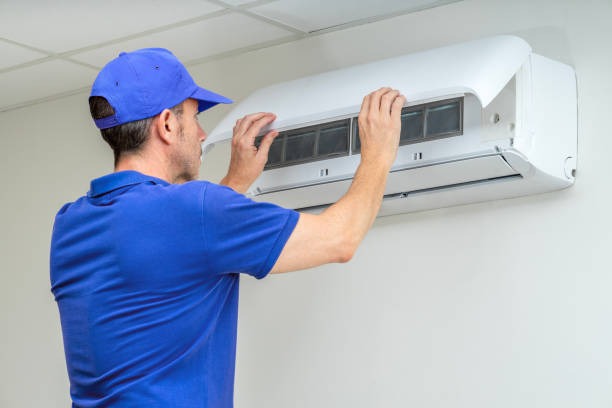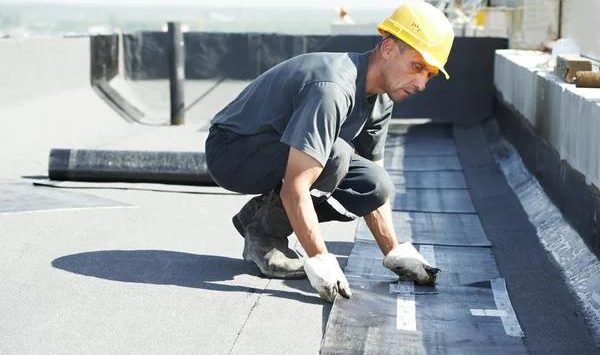Signs Your Cooling System Needs Immediate AC Repair
As the temperature rises, your air conditioning system becomes an essential component of maintaining comfort in your home or office. However, like any mechanical system, it can encounter issues that require immediate attention. Recognizing the signs that your cooling system needs repair can save you from discomfort and potentially costly damages.
One of the most apparent indicators that your AC unit requires immediate repair is poor airflow. If you notice weak or inconsistent airflow coming through the vents, this could be a sign of a failing compressor or blocked ductwork. Reduced airflow not only affects comfort but also forces the unit to work harder, which can lead to further damage.
Unusual noises emanating from your air conditioner are another red flag. While all systems make some noise during operation, loud grinding, squealing, or banging sounds often indicate a serious internal problem such as loose components or motor issues. Ignoring these sounds could result in more significant damage and expensive repairs down the line.
A sudden increase in energy bills without a corresponding increase in usage is another warning sign that something might be wrong with your AC system. Inefficient systems often consume more electricity than necessary due to underlying issues such as dirty filters, malfunctioning thermostats, or refrigerant leaks. Addressing these problems promptly will not only restore efficiency but also reduce utility costs.
If you detect unusual odors when your air conditioner is running, dive deeper into it‘s crucial to investigate further. Musty smells may suggest mold growth within the ductwork or on other components due to moisture buildup. On the other hand, burning smells could indicate overheating parts or electrical problems requiring urgent attention from a professional technician.
Moisture around your air conditioning unit is yet another indication of trouble. While some condensation is normal during operation, excessive leakage might point towards blocked drainage tubes or refrigerant leaks—both necessitating swift intervention to prevent water damage and maintain indoor air quality.
Inconsistent temperatures throughout different areas of your space can also signal an issue with your cooling system’s performance. This uneven distribution may stem from problems with zoning systems or failing components needing replacement.
Finally, if you’ve noticed frequent cycling—wherein the AC turns on and off repeatedly—it could mean there’s an issue with its electrical connections or thermostat settings causing unnecessary strain on components over time leading them towards premature failure if left unaddressed for too long periods without proper maintenance checks being conducted regularly by qualified professionals who understand how best optimize their functionality while ensuring safety standards remain intact at all times possible under various conditions encountered during typical operational cycles experienced daily across diverse environments worldwide today!




